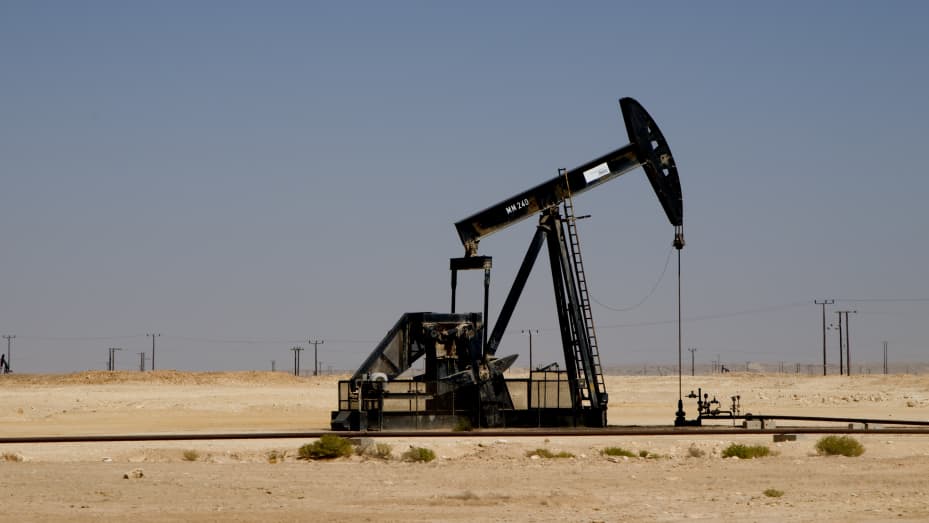
- Commodities
Oil rises due to the Middle East situation
Do you want to know how to make money from this?
Register for free and get expert advice, access to a training course and webinars.
Key points:
- The rise in oil prices on Friday occurs against the backdrop of an aggravation of the geopolitical situation in the Middle East.
- A decline is expected at the end of the week due to a revision of forecasts for the rate of decline in interest rates in the United States.
- Inflation concerns in the US have dampened expectations of a June interest rate cut.
Oil prices showed growth on Friday. This was facilitated by the worsening geopolitical situation in the Middle East, which increased the risk of supply disruptions from the region.
However, despite this growth, oil prices are expected to decline by the end of the week. This is due to a revision of forecasts regarding the rate of decline in interest rates in the United States this year.
Brent crude futures rose 75 cents, or 0.84%, to $90.49 a barrel. US West Texas Intermediate crude futures rose 87 cents, or 1.02%, to $85.89 a barrel.
Tense geopolitical situation
An airstrike on the Iranian embassy in Damascus, allegedly carried out by Israeli warplanes, prompted Iran to vow revenge, further raising tensions in the region. There was no official confirmation from Israel about its involvement in the strike. However, Iran’s Supreme Leader, Ayatollah Ali Khamenei, stressed in a statement on Wednesday that Israel “will be punished” for this “act of terrorism.”
According to information received from American sources, the United States expects retaliatory action from Iran against Israel. However, according to their estimates, these actions will not be of a large-scale nature that could drag Washington into a military conflict.
Iranian sources, in turn, report that Tehran intends to limit its response in order to prevent further escalation of tensions.
Despite the ongoing military operation in Gaza, Israel, according to Prime Minister Benjamin Netanyahu, is also preparing for possible developments in other regions.
The situation in the region remains geopolitically tense, therefore, according to an analysis by ANZ Research, leading to an increase in oil prices. In addition to the worsening political situation, prices are also affected by improved economic indicators and a reduction in supply volumes from OPEC+.
The impact of the global economy is stronger than the Middle East conflict
Oil prices rose, recouping losses from the previous day, when the market was under pressure from inflation fears in the United States. These concerns have dampened expectations of interest rates being cut as early as June.
In Europe, where the labor market is showing signs of slowing and economic growth is stagnating, central banks on Thursday kept interest rates unchanged. However, they left a hint of a possible rate cut in June.
In the US, on the contrary, representatives of the Federal Reserve System made it clear that there is no need to rush to lower rates. The reason for this is persistent inflationary tension.
ING analysts predict a possible decline in oil prices in the absence of further escalation of tensions in the Middle East or supply disruptions. However, they note that OPEC’s latest monthly report was in line with expectations.
Do you want to know
How to make money from the news
Register for free and get:
- Expert consultation;
- Access to the training course;
- Opportunity to participate in webinars

